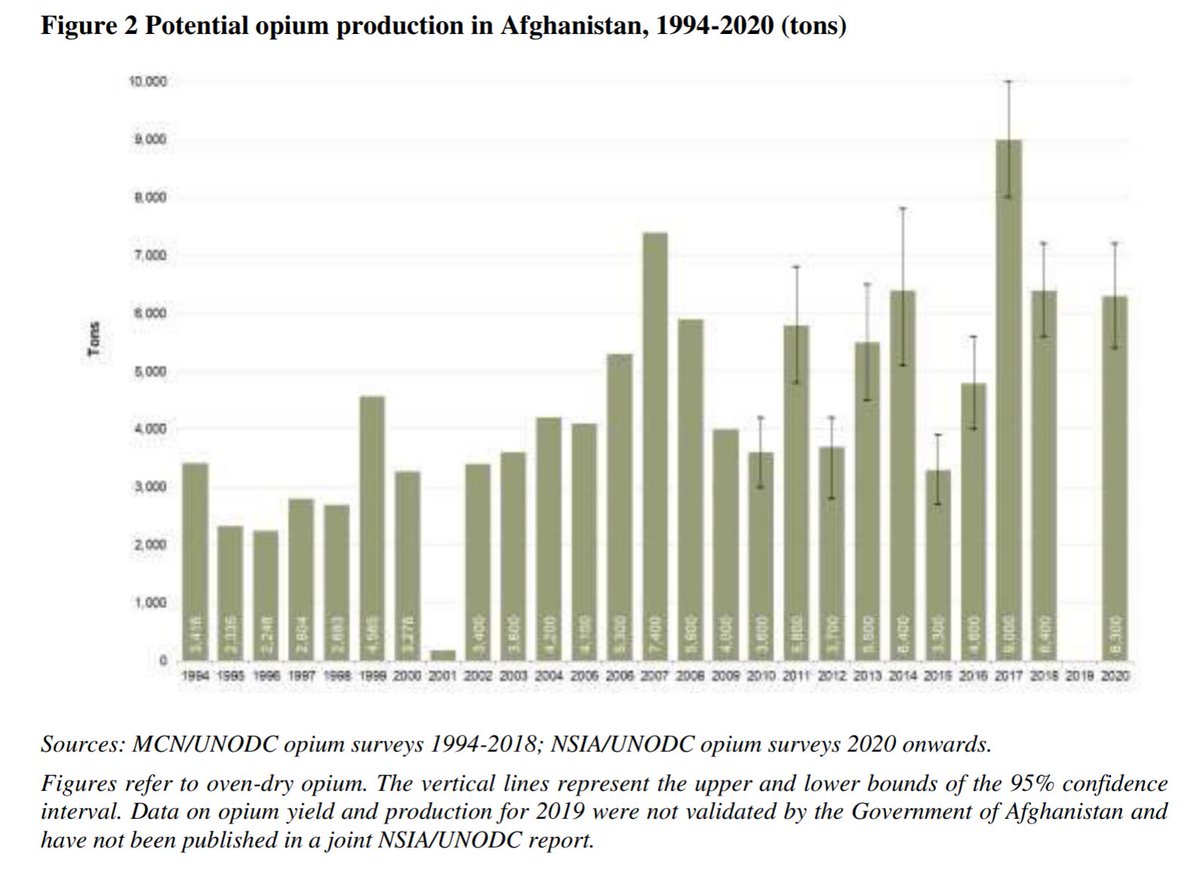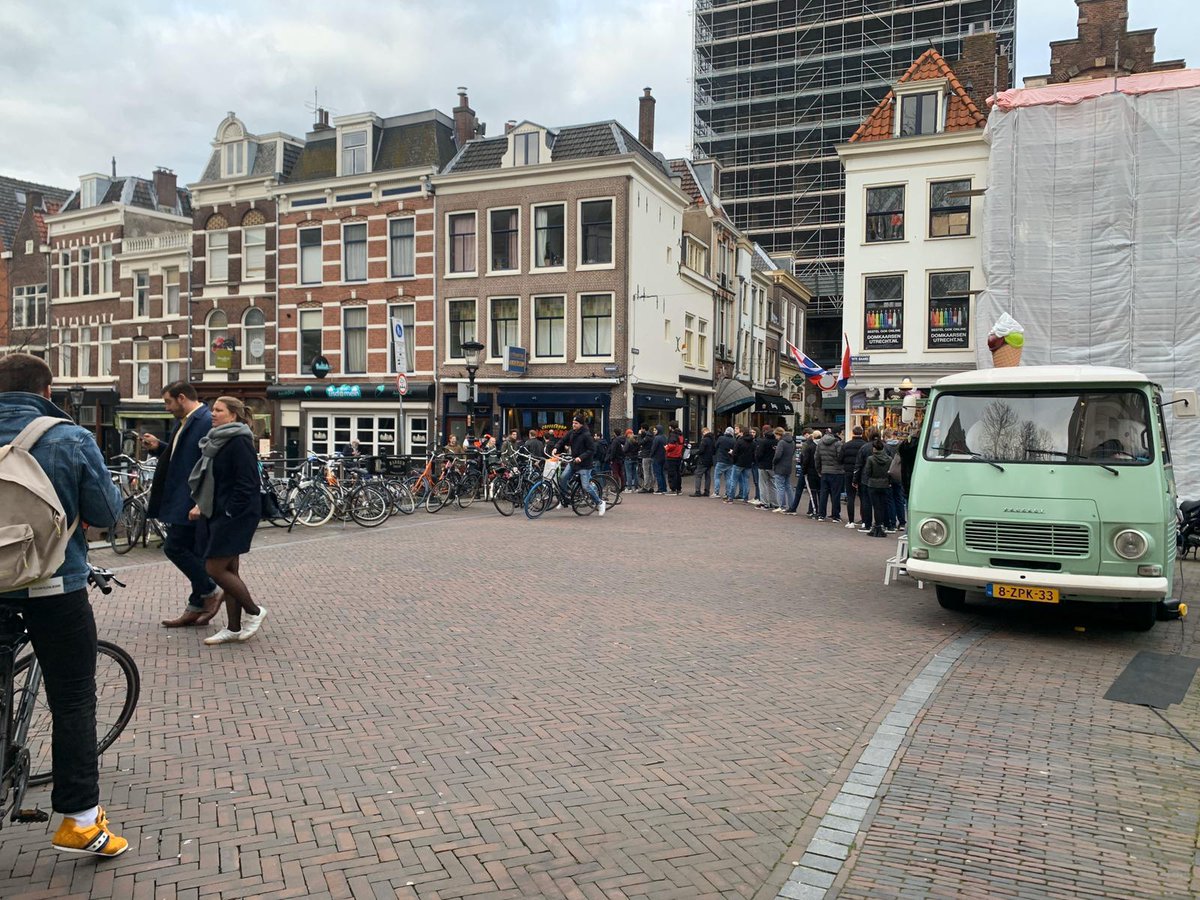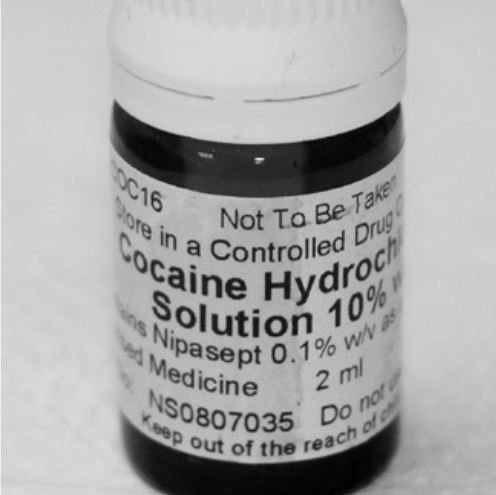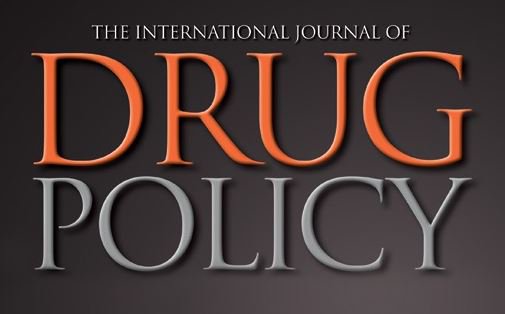
THREAD
Stopping the production of Afghan opium/heroin coming to the UK was one of the key justifications given by Tony Blair 20yrs ago for supporting the coalition military intervention in Afghanistan post 9/11
Aside from any other outcomes, hows that worked out?
1/
Stopping the production of Afghan opium/heroin coming to the UK was one of the key justifications given by Tony Blair 20yrs ago for supporting the coalition military intervention in Afghanistan post 9/11
Aside from any other outcomes, hows that worked out?
1/
From Blair's speech:
"We act also because the al-Qaida network & the Taliban regime are funded in large part on the drugs trade. 90% of all heroin sold in Britain originates from Afghanistan. Stopping that trade is, again, directly in our interests"
theguardian.com/world/2001/oct…
2/
"We act also because the al-Qaida network & the Taliban regime are funded in large part on the drugs trade. 90% of all heroin sold in Britain originates from Afghanistan. Stopping that trade is, again, directly in our interests"
theguardian.com/world/2001/oct…
2/
In the 20yrs that followed some £37billion was spent & over 400 British soldiers have killed - a significant but unspecified proportion of this financial & human cost was related anti-drug operations (UK led the presence in Helmland - one of the key opium production regions)
3/
3/

Opium production dropped from over 3000 tonnes in 2000, to almost zero in 2001. Widely heralded as a triumph at the time, it was, in fact, a mirage
Stockpiles from previous years bumper harvests (rising through the 90s) meant global opium supply was largely unaffected
4/
Stockpiles from previous years bumper harvests (rising through the 90s) meant global opium supply was largely unaffected
4/
The Taliban 'opium ban' began in late 2000 and was highly effective - not least in helping secure international aid. There's much speculation about Taliban motivations, as taxes on opium crops were a key income source after Russian/US support dried up
5/
5/
But post invasion, by 2002 opium production had quickly returned to above 2000 levels - the price increases related to the bottleneck in production from the previous year making it more attractive to opium growers.
6/
6/
Since 2002, according to @UNODC estimates opium production has more than doubled from 3400 tonnes to a peak in 2017 of 9000 tonnes.
There've been some peaks & troughs related to climate, blight, mkts etc (no data for 2019)
unodc.org/documents/crop…
7/
There've been some peaks & troughs related to climate, blight, mkts etc (no data for 2019)
unodc.org/documents/crop…
7/

@UNODC The rise in area under cultivation shows a more steady rise (less subject to fluctuation in yield/hectare) - by more than 4 fold from 74,000 hectares in 2002, to 330,000 at the peak in 2017.
The latest 2020 data shows a 37% increase from 2019.
8/
The latest 2020 data shows a 37% increase from 2019.
8/

@UNODC The same economic/social/political condition's that have fueled illegal opium production have also facilitated the more recent emergence of rapidly growing methamphetmine production in Afghanistan, processed from the ephedra plant
HT @mansfieldintinc
emcdda.europa.eu/system/files/p…
9/

HT @mansfieldintinc
emcdda.europa.eu/system/files/p…
9/


@UNODC @mansfieldintinc In summary - whatever else the coalition interventions in Afghanistan may or may not have achieved, in terms of stopping drug production they have been a quite stunning generational failure
like so many other drug war follies; expensive, futile, counterproductive & deadly
END/
like so many other drug war follies; expensive, futile, counterproductive & deadly
END/
Final thought to put the UKs Afghan
war on opum in perspective:
Heres some photos of vast 100%
legal opium poppy fields (for
medical use) near Winchester
UK, last year
Some is processed into heroin
(the UK is the worlds largest
legal producer) & prescribed to
dependent users.

war on opum in perspective:
Heres some photos of vast 100%
legal opium poppy fields (for
medical use) near Winchester
UK, last year
Some is processed into heroin
(the UK is the worlds largest
legal producer) & prescribed to
dependent users.


• • •
Missing some Tweet in this thread? You can try to
force a refresh








